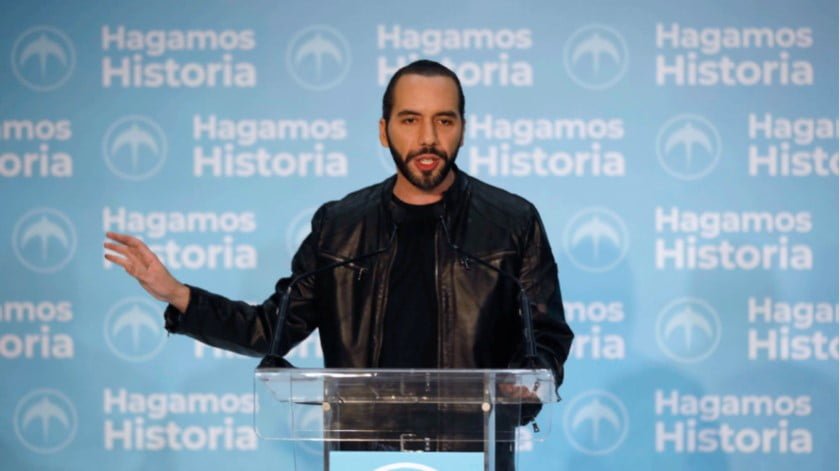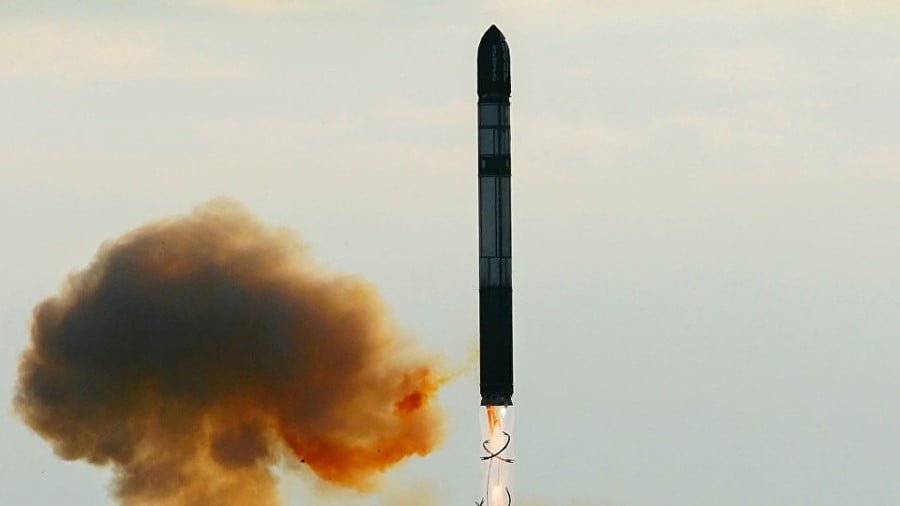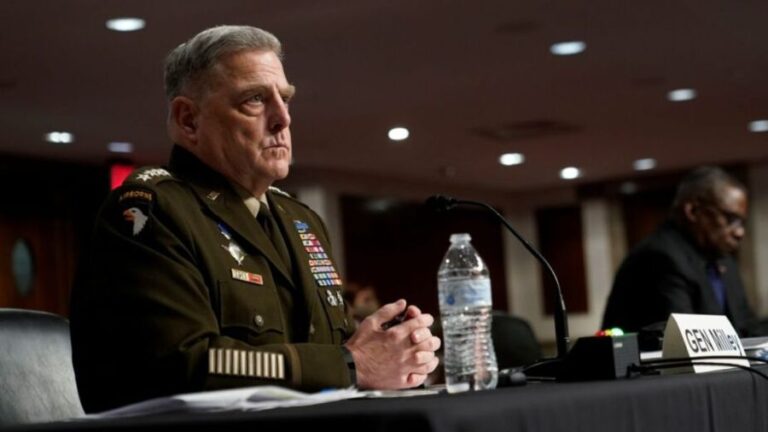China Might Lose El Salvador If Its New Populist Government Pivots to the US
The new Salvadoran president promised to reassess relations with China.
The secretary general of President-elect Nayib Bukele’s New Ideas party told his countrymen that their new leader will reconsider his government’s relations with China, which it surprisingly recognized last August after breaking relations with long-term ally Taiwan in exchange for what was later revealed to have been $150 million of aid from Beijing. Reuters quoted the official as saying that “With the issue of China, China-Taiwan relations, we have to study them and put them in the balance – what is best for the nation, not what is best for a political party, as the (outgoing administration) did. We were not consulted, nor did they give us the reasons (for establishing) relations with China. Now we have to investigate in detail.”
Observers predicted that something of the sort might happen considering that the political outsider vowed to radically change his country’s traditional two-party system in every way possible, which would naturally include reevaluating the previous government’s foreign policy and possibly changing some of it on the pretext that some decisions might have been conducted for corrupt reasons like Bukele’s close advisor hinted. Everything should be put into its proper domestic and international context, however, because things aren’t as clear-cut as they might appear.
While outsiders might somewhat rightly suspect that Bukele is doing the US’ bidding after Washington fearmongered about the game-changing consequences of El Salvador’s so-called “defection” last year, the country’s new leader was nevertheless democratically elected in a landslide after winning the first round of voting earlier this month, shattering the Central American state’s two-party system with his populist promises to go after corruption and restore his nation’s dignity. That said, Salvadorans are largely concerned with their many domestic problems that have pushed over a quarter of the population into mostly illegally migrating to the US, suggesting that they’ll go along with their new leader’s foreign policy as long as it brings economic dividends to the country.
While anything can happen in the less than four months before Bukele takes office on the first of June, it’s very possible that he might be approached by the US with an “offer that he can’t refuse” to reverse the current government’s decision in exchange for hefty amounts of economic aid that could be touted as proof of him delivering on his promise to improve his people’s livelihoods. Of course, he’ll probably only do this if the sum that’s offered is more than China’s promised $150 million, though the US could match or even go below that amount by threatening to massively deport the many illegal Salvadorans on its territory if he refuses on the pretext that they’re linked to the infamous MS-13 drug gang.
That possibly being the case, China might realistically lose its Central American foothold later this year.
By Andrew Korybko
Source: Oriental Review







